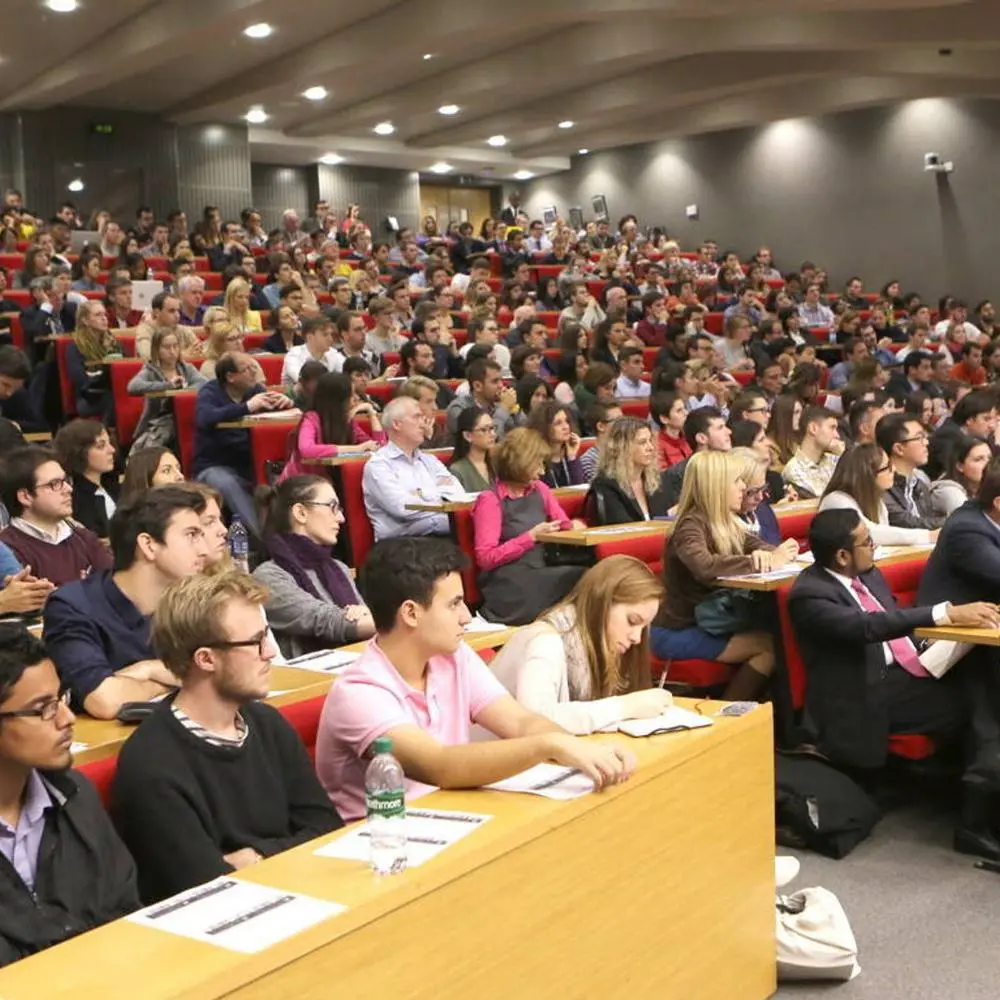Greek Exports and Corporate Adjustment
The panel discussion will explore the current size and structure of Greek exports and the capacity constraints that are preventing an export-led growth model from underpinning Greece’s economic rebound. It will argue that Greece has significant advantages in various sectors, including agribusiness and minerals and also tradable services. However, a recent enterprise performance survey shows that high taxes, political instability, corruption and lack of access to finance are among the main problems facing Greek exporters. If these challenges are addressed effectively, they will relax the capacity constraints facing exporters and close the gap in the coming years between potential and actual exports, thus helping Greece to a sustainable recovery.
Professor Anthony Bartzokas is an Alternate Board Director and has served as the chair the Audit Committee and the EU coordination group at the European Bank for Reconstruction and Development. Ηe is an economist by training with a PhD in the Economics of Technological Change. Dr. Bartzokas is a Professorial Fellow at Athens University and at UNU-MERIT in Maastricht.
Dr Peter Sanfey is Deputy Director for Country Economics and Policy within the Economics, Policy and Governance Department at the European Bank for Reconstruction and Development (EBRD) in London. He is also Senior Visiting Fellow at LSEE, LSE.
Professor Manolis Galenianos is Professsor of Economics at the Department of Economics, Royal Holloway, University of London.
Dr Vassilis Monastiriotis is Associate Professor in the Political Economy of South Eastern Europe at the LSE.
Twitter Hashtag: #LSEGreece
Podcast
A podcast from the event will be available soon from Greek Exports and Corporate Adjustment
Slides
A PDF copy of the slides presented during the event is available here
LSE holds a wide range of events, covering many of the most controversial issues of the day, and speakers at our events may express views that cause offence. The views expressed by speakers at LSE events do not reflect the position or views of The London School of Economics and Political Science.
From time to time there are changes to event details so we strongly recommend that if you plan to attend this event you check back on this listing on the day of the event.
Whilst we are hosting this listing, LSE Events does not take responsibility for the running and administration of this event. While we take responsible measures to ensure that accurate information is given here (for instance by checking that the room has been booked) this event is ultimately the responsibility of the organisation presenting the event.
LSE holds a wide range of events, covering many of the most controversial issues of the day, and speakers at our events may express views that cause offence. The views expressed by speakers at LSE events do not reflect the position or views of the London School of Economics and Political Science.
